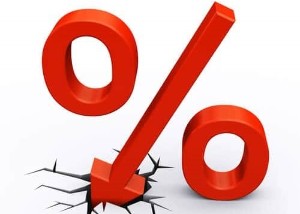
ASB chief economist Nick Tuffley
In ASB’s latest Housing Confidence Survey covering the three months to July 2018, 38% of respondents expect house prices to rise over the coming year.
While this is a big jump from the 16% of respondents who expected higher house prices in the three months to February this year, it is well down on the average of 44% recorded since January 2015.
ASB chief economist Nick Tuffley says price expectations are continuing to firm but the survey clearly shows the ongoing uncertainty in the housing market is fuelling caution about market prospects.
“For example, while election-related uncertainty has subsided, the outlook for the housing market is murky.
“Competing influences of strong population growth, limited supply, legislation uncertainty, and affordability constraints have subdued market activity and prices.”
Higher price expectations were evident in respondents across all regions, but Aucklanders were the least optimistic at 21% (up from 19% last quarter).
In contrast, Canterbury expectations increased the most, with net expectations increasing by 11% to 32%, the highest level since April 2017.
Further, more Cantabrians believe now is a good time to buy a house as compared to respondents from other regions.
House price expectations remain the most upbeat in other regions, with the rest of the North Island lifting to 49% and 48% registered in the rest of the South Island.
Tuffley says the survey responses reflect the dichotomy they are observing in the New Zealand housing market at present.
“Softer house price expectations, sales activity and prices in Auckland and Christchurch are contrasted with a still reasonably upbeat outlook for regional New Zealand - both in terms of price expectations and realised price gains.”
He adds it is important to note that the recent pattern of improving sentiment was evident, with the net balance of -4.4% in the latest survey.
“That’s the highest level since April 2016 and considerably less negative than it was a year ago (-13%).”
Meanwhile, the survey also shows that a majority of respondents expect higher interest rates in the next year.
Interest rate expectations barely moved in the three months to July, with net expectations lifting to 33% from 32% in the three months to April.
Tuffley says they expect the OCR to move up from November 2019, but assume a gradual path of policy tightening and a historically-low OCR endpoint this cycle.
“This should ensure that mortgage interest rates stay reasonably low over the next few years and is likely to temper respondents’ expectations.”





Comments
No comments yet.
Sign In to add your comment